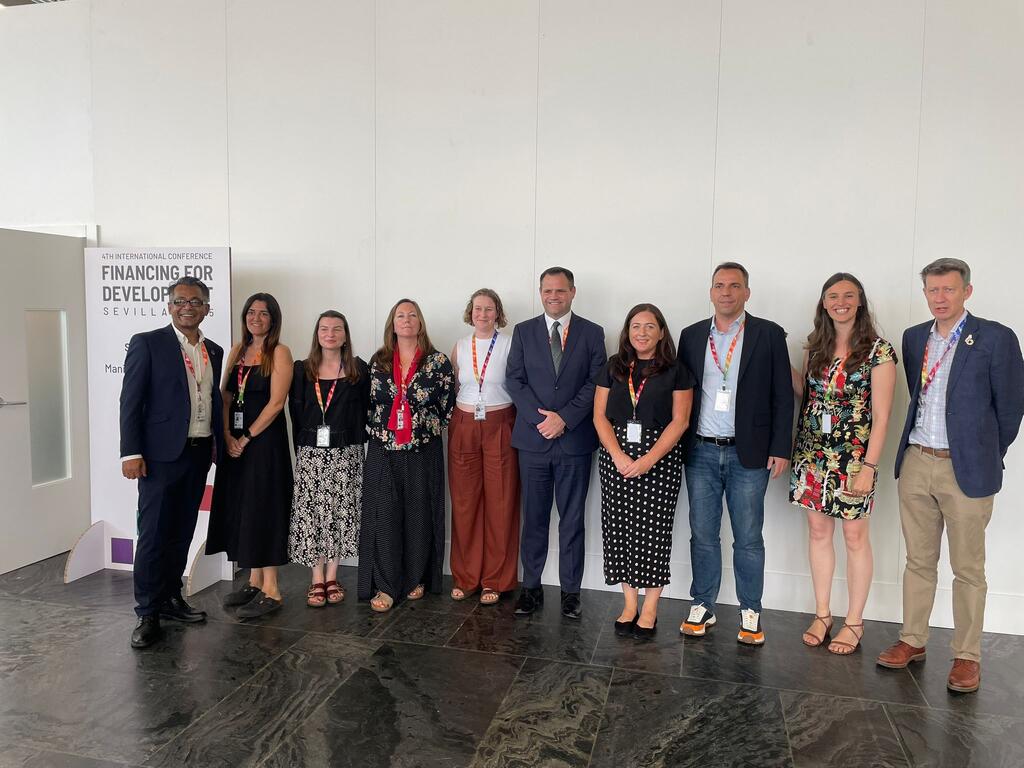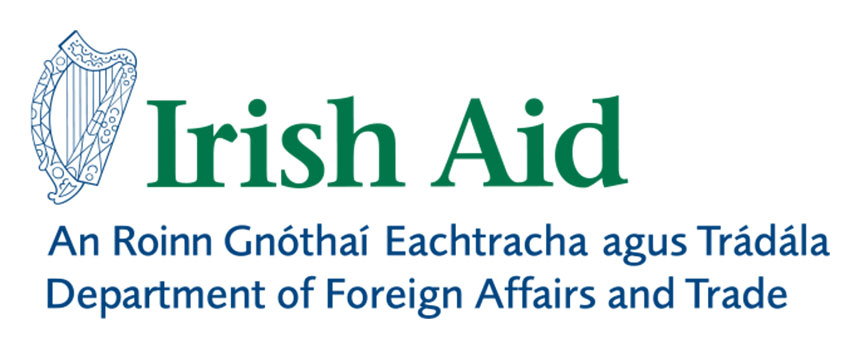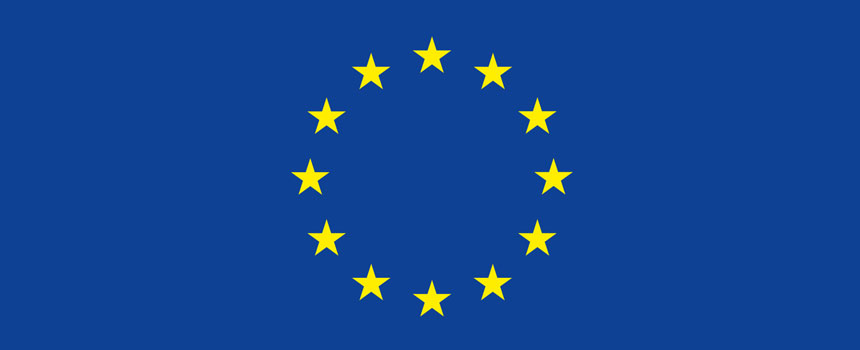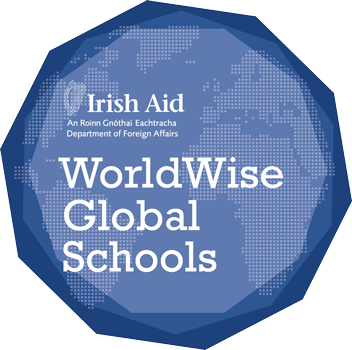Update from the 4th International Conference on Financing for Development
29 July 2025

A once-in-a-decade UN conference on Financing for Development (FfD) took place in Seville, from June 30th to July 3rd. Hilary Darcy, FJI’s Global Citizenship Education Coordinator, and our colleague Katie Martin (Coordinator of AFRI - Action From Ireland) braved the record-breaking Spanish heatwave to engage with inspiring global actors and organisations promoting a justice agenda to reform the architecture of global finance.
The FFD process is important for a number of reasons. We live in a world that continues to grapple with structural adjustment programs (SAPs) that were instituted several decades ago. These structural adjustment programs, imposed by the IMF and World Bank, are widely criticised as neoliberal tools that prioritise debt repayment and market liberalisation over social welfare, often deepening poverty and inequality in developing countries. The cost of implementing these programs was seen in the ‘lost decade of development’ of the 1980s. During this period, there was a dominant narrative that global south countries were solely responsible for their economic difficulties - they just needed to make the necessary adjustments to integrate into the global economy. According to Dr. Dereje Alemayehu of the Global Alliance for Tax Justice, ‘this narrative obscured the structural inequalities and external constraints that fundamentally shaped their development challenges. The UN-led Financing for Development (FFD) process emerged as a response to this impasse’.
The FFD Process, that has run for nearly 2 and half decades now (from Monterey (2002) to Doha (2008), Addis Ababa (2015), and now Seville (2025), has been important, not just for moving beyond the paradigm that saw aid as the primary source of financing fo development, but also as the core space where global south countries could participate on an equal footing in forums for global economic governance that are otherwise largely dominated by small groups of rich countries. However, their attempts, often in alliance with civil society, to put issues of tax justice, debt sustainability, and global financial governance at the heart of debates have consistently come up against the asymmetry of power and resulting tensions between the Global South and Global North.
Sadly, Seville proved to be no different. While the UN process began with ambitious proposals tabled by groups of Global South countries such as the G77, the Alliance of Small Island States (AOSIS) and the Least Developed Country (LDC) Group for reforms to global rules on tax, debt, and funding models to address the climate chaos already engulfing the globe, they met strong opposition from the Global North. The USA responded to the draft text (what would become ‘The Seville Commitment') with belligerent protest. After a failed attempt to rip references to gender equality, climate change, and sustainability from the text, the USA exited negotiations.
Worse was yet to come. The most ambitious and meaningful plans for cooperation on climate and debt relief faced a sustained assault from the Global North, especially from the UK and EU. Proposals from Global South countries and civil society for a UN Framework Convention on Sovereign Debt, which would comprehensively address unsustainable and illegitimate debt, including through extensive debt cancellation, were resisted and eventually removed. This is at a time when 3.3 billion people live in countries that spend more on debt payments than on health or education.
As part of the civil society organisations (CSOs) that traveled to attend the conference, Financial Justice Ireland joined with our international colleagues and representatives from both North and South to keep alive visions of debt relief, meaningful funding for climate breakdown, and the raising of taxes on extreme wealth.
We had wished for strong intergovernmental commitments from the UN. We strongly believe in the need for commitments to recognise and address the challenges of our time; that many nations in the Global South spend more on servicing debt than they receive in development loans, that the widening wealth disparities have created a dangerous billionaire class threatening the foundations of democratic society, and that emerging economies and their populations face an existential threat from climate chaos. This vision was echoed in the demands articulated by civil society organisations and many countries of the Global South.
Yet most disappointingly, civil society organisations found themselves subject to an unusual degree of constraint. Unlike other UN conferences that open the door to greater CSO participation, FfD4 was markedly different; curtailing our speaking time, conference security subjected delegates to what appeared to be racial profiling, and even confiscated campaign scarves, badges, and other items brought along with the intent of energising the conference. Journalists, too, faced a level of restricted access that is uncommon at other UN conferences. In notable contrast, the delegates of private finance were given full freedom to participate in conference proceedings, including at formal roundtable events. These delegates, representing private interests, comprised almost 40 percent of the 15,000 attendees. A figure six times the amount of civil society attendees.
Sadly, this imbalance would appear to reflect FfD4’s conclusions. Ultimately, what we received at FfD4 is a vision for intergovernmental action that lacks the necessary ambition.
While the EU and UK have been trying to frame the outcome document as a success for multilateralism, that they stuck it out and got the job done when the US bailed out, in reality, what we have been left with is the lowest common denominator. We are left with vague commitments for multilateral action that seem to depend heavily on the discretion of the IMF and the World Bank -the Western (creditor nations) dominated institutions that have gotten us to where we are now - to extend development terms to nations in the Global South. And, concerningly, a doubling down on the heavy emphasis placed on private finance. The question of how a private profit-seeking and growth-led model is supposed to fulfil climate-sensitive sustainable development goals is a circle that FfD4 seems unable to square.
Hilary Darcy, Global Citizenship Education Coordinator at Financial Justice Ireland said:
‘It has been such an inspiring and energising experience in Seville to meet friends and colleagues doing brave work globally. Still, we are very concerned that FfD4 has been a missed opportunity for meaningful reform of the global financial system at a critical moment needing real change. The North can’t keep taking from the South. Something has to give!’
Katie Martin, Coordinator of AFRI - Action From Ireland, said:
‘Participation in Seville offered invaluably important lessons: solidarity spaces can still be built even when official platforms fail us. The challenge now is to ensure that our work, both local and global, reflects not only critique but also construction. We must continue to imagine, articulate, and demand the world we know is possible.’
Despite considerable disappointment, we observe a positive development from the formal negotiation process related to tax. Tax transparency measures, including a centralised public database for country-by-country reporting and a global beneficial ownership registry - both demands of the tax justice movement - were included in the text. However, the vehicle to implement these commitments will be the UN negotiations for a framework Convention on tax, starting in early August - a process that the EU, including Ireland, has been blocking so far.
The historic legacy of the Global North has been to hollow out the economies of the Global South through resource extractions and unequal trade overseen by often brutal forms of (neo)colonial governance. The advent of climate breakdown is eroding the conditions that sustain life in the Global South, producing drought and undermining agricultural productivity. Issues of debt relief and reparations have long been questions of life or death, but the problem is now intensified.
In the words of Andrew Mamedu, Country Director Action Aid Nigeria, who addressed the conference, ‘it is distressing and unnecessary that the FfD4 Outcome reduces systemic issues to a narrow focus on the IMF and World Bank that locks out the Global South in decisions’.
Financial Justice Ireland remains committed to being a voice for tax, debt, and climate justice. We will continue to work with civil society to ensure that critical voices, expressing solidarity with the Global South, are heard in all forums we participate in.


